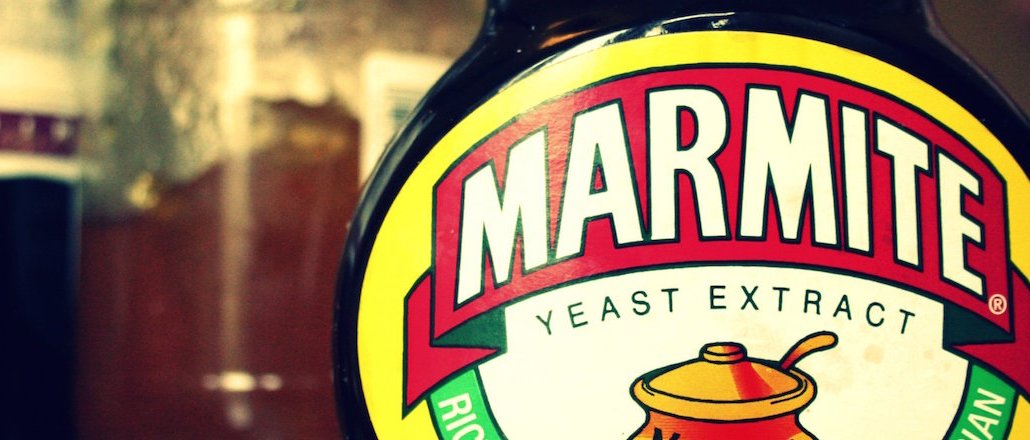Secure your place at the Digiday Publishing Summit in Vail, March 23-25

Unilever is feeling the wrath of the tea-tippling, Marmite-munching British public today following a pricing dispute with retailer Tesco. Unilever brands — including the polarizing yeast extract that is Marmite and tea brand PG Tips — are not being restocked at the supermarket because Tesco reportedly refused a 10 percent price hike which would offset the pound’s poor performance since the Brexit vote.
After the news broke, Twitter went to town with Marmite-related memes, with the brand racking up over 52,000 mentions according to data from Amobee Brand Intelligence.
But beyond the cry-laugh emojis, the platform saw a backlash against the multinational company. Of its 12,496 total global interactions, 25 percent were negative, compared to 13 percent positive. The hashtag #MarmiteGate has had 3,000 mentions over the last three days.
Twitter users accused Unilever of having double standards on pricing, with some saying they’d stop buying Unilever’s products altogether.
1) Marmite is UK produced/resourced.
2) Brexit has not actually happened yet.
3) Unilever did not decrease prices when £ was $2#Marmitegate— Bradley Ayres (@BradleyRAyres) October 13, 2016
#Unilever want to raise prices due to ‘negative’ stirling changes. Bet they they didn’t drop prices when ‘positive’ changes #Marmitegate
— Michelle Dewberry (@MichelleDewbs) October 13, 2016
Question for #Unilever When the Pound rises, as has been the case in recent years, why did it not reduce the price of its products in the 🇬🇧
— David Vance (@DVATW) October 13, 2016
But while some users tweeted support for Tesco for “standing up” against Unilever, the retailer received a similar amount of negativity. In fact, both Marmite and Tesco have had around 30 percent negative mentions.
Matt Lee, co-founder of shopper media agency Capture, said the move by Tesco was a “high risk gamble” as shoppers will have little tolerance for not being able to purchase their favorite brands at Tesco. The brands are still available at other supermarket chains like Sainsbury’s and Morrisons.
“Tesco will feel that pressure day by day, every week and risk losing the entire shopping trip,” he added.
Unilever CFO Graeme Pitkethly told analysts the dispute is likely to be “resolved pretty quickly.” However — backlash aside — Lee also thinks it could work out well for Unilever in the short run.
“It’s possible that anxious shoppers may be concerned that the price is about to shoot up or that they’ll no longer be able to find Marmite in the stores, resulting in panic-buying and a short-term spike in sales,” he said.
Besides its 52,000 mentions and 422 percent spike in web engagement, Marmite is also now sold out on the Tesco website.
Image credit: WhoshotJR / Flickr
More in Marketing

WTF is Meta’s Manus tool?
Meta added a new agentic AI tool to its Ads Manager in February. Buyers have been cautiously probing its potential use cases.

Agencies grapple with economics of a new marketing currency: the AI token
Token costs pose questions for under-pressure agency pricing models. Are they a line item, a cost center — or an opportunity?

From Boll & Branch to Bogg, brands battle a surge of AI-driven return fraud
Retailers say fraudsters are increasingly using AI tools to generate fake damage photos, receipts and documentation to claim refunds.





